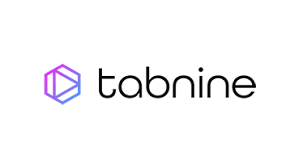OpenAI has created a tool aimed at detecting text generated by ChatGPT, potentially aiding in identifying students who use the AI to complete their assignments. However, according to The Wall Street Journal, OpenAI is deliberating whether to release this tool. An OpenAI spokesperson confirmed that the company is researching a text watermarking method but is taking a cautious approach due to the complexities and broader ecosystem impact beyond OpenAI.
OpenAI’s text watermarking method is technically promising, but it comes with significant risks. The company is considering alternatives due to concerns about circumvention by bad actors and the potential disproportionate impact on certain groups, such as non-English speakers. This deliberate approach is crucial, given the potential repercussions on the broader community of users and the ethical implications of deploying such a tool.
Previous attempts to detect AI-generated text have largely been ineffective. Even OpenAI had to shut down its previous AI text detector due to a low accuracy rate. The new text watermarking approach focuses solely on detecting writing from ChatGPT by making subtle changes in word selection, creating an invisible watermark that could be detected by a separate tool.
Effectiveness and Limitations
Following the publication of the Journal’s story, OpenAI updated a blog post about its research on detecting AI-generated content. The update indicates that text watermarking has proven highly accurate and effective against localized tampering, such as paraphrasing. However, it is less robust against globalized tampering, including using translation systems, rewording with another generative model, or inserting and then deleting special characters between words.
OpenAI acknowledges that bad actors can easily circumvent this method Po. Furthermore, the potential stigmatization of AI as a useful writing tool for non-native English speakers is a significant concern. This sensitivity to the broader implications underscores the importance of a careful, considered approach to the deployment of such technologies.
OpenAI’s development of a text watermarking tool reflects its commitment to addressing the challenges posed by AI-generated text while recognizing the broader ethical and practical implications. The company’s cautious approach highlights the complexities involved in creating effective and fair solutions in the rapidly evolving field of AI. As OpenAI continues to research and refine its methods, it remains to be seen how these tools will be integrated into broader efforts to ensure the responsible use of AI in writing and other applications.
See also: OpenAI Launches ChatGPT-4o mini


















